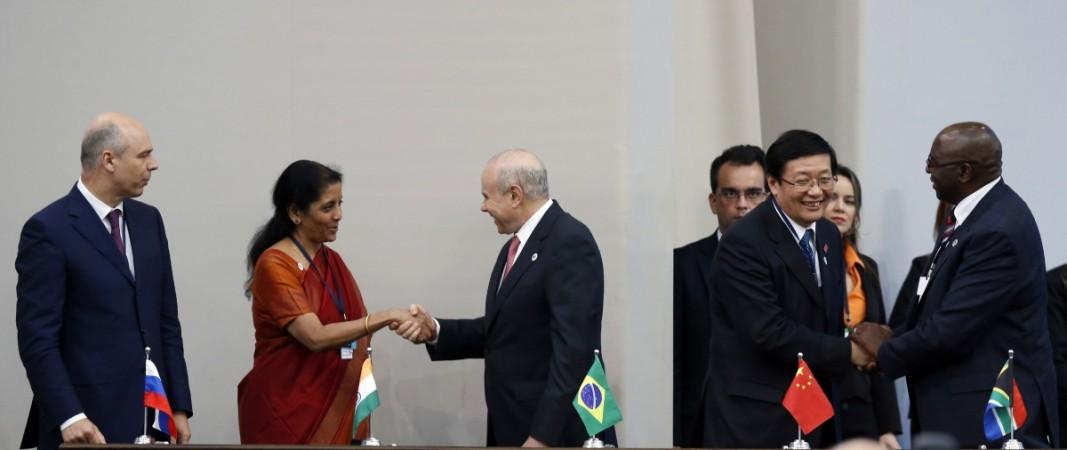
India signed the long-pending Free Trade Agreement (FTA) in services and investments with the 10-member Association of South East Asian Nations (ASEAN). The agreement will ease the movement of professionals and increase investment with the 10 nations in the bloc for IT and other professional sectors.
The deal, scheduled to be signed on 26 August by Nirmala Sitharaman at Nay Pay Taw in Myanmar, was cancelled due to the launch of the inclusive banking scheme, Jan Dhan Yogana, for which she was in charge, reports Livemint.
"India signed the deal because it had to. I could not be present at Myanmar during its signing because of a genuine concern. Every member had signed it then, except the Philippines. However, the agreement was sent to us last week and we signed it today (Monday). It will have to be ratified by Parliament," Business Standard quoted commerce and industry minister Nirmala Sitharaman.
A senior commerce department official said that even though India had inked the deal, a final call on this would be taken during the India-Asean summit scheduled for November in Myanmar, which will be attended by Prime Minister Narendra Modi along with other heads of government.
ASEAN members includes Singapore, Malaysia, Thailand, Myanmar, Vietnam, Indonesia, Philippines, Brunei, Cambodia and Laos. Philippines, which did not sign the deal is expected to do so once it completes domestic procedures.
Although India's FTA on goods was ratified in 2010-11, other members of ASEAN have not yet signed the FTA. Following the agreement on goods, the Indian government has recently recorded a decline in exports to the region while imports from Singapore, Malaysia, Thailand and Indonesia continue to surge.
Under FTA in goods, India has agreed with the ASEAN nations to raise import tariffs on more than 80% of traded products by 2016. "The services agreement will open up opportunities of movement of both manpower and investments from either side between India and ASEAN," an official told The Times of India.
Important aspects of the deal include: domestic regulations, recognition, market access, national treatment, joint committees on services, review, dispute settlement and denial of benefits.









!['Had denied Housefull franchise as they wanted me to wear a bikini': Tia Bajpai on turning down bold scripts [Exclusive]](https://data1.ibtimes.co.in/en/full/806605/had-denied-housefull-franchise-they-wanted-me-wear-bikini-tia-bajpai-turning-down-bold.png?w=220&h=138)



